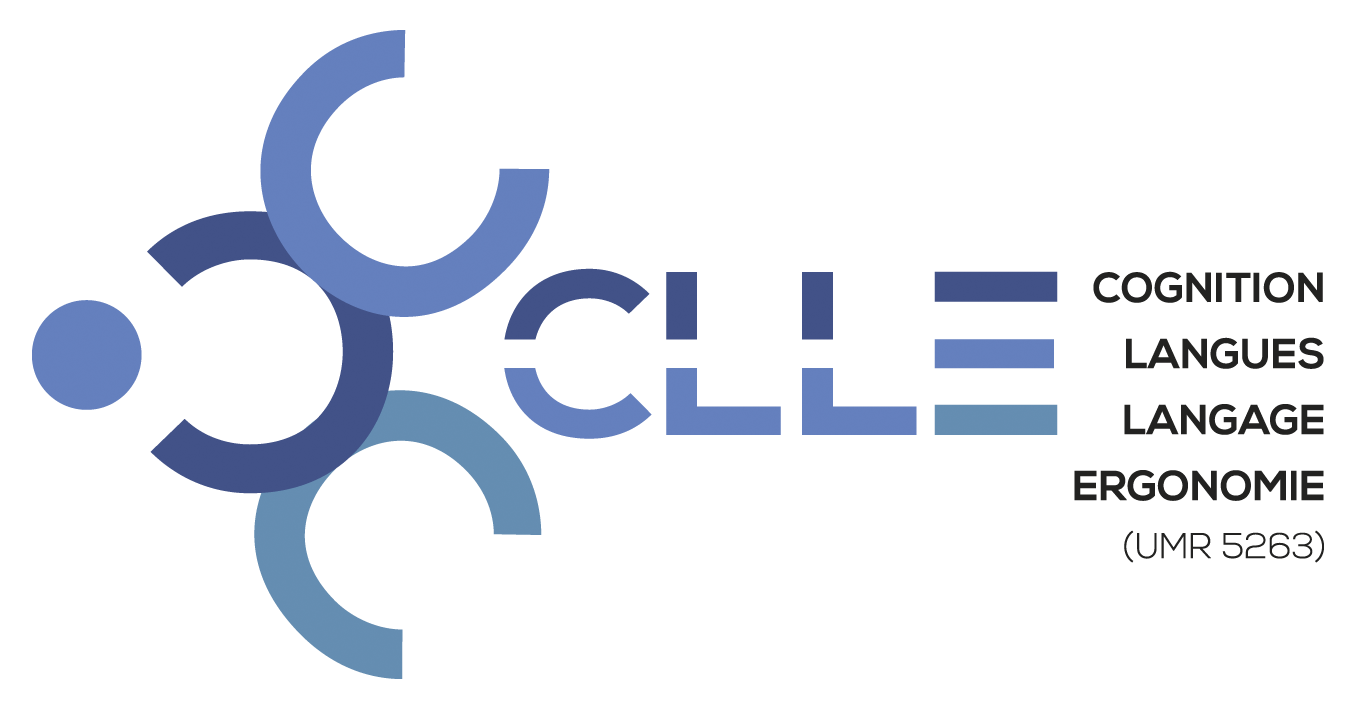-
Partager cette page
A semantic account of Ought Implies Can
Luca Barlassina (University of Sheffield) - Séminaire CLLE ERSS (14 h/16 h - Salle E412)
An open question in the semantics of modals is the relation between different modal flavours. In this talk (based on joint work in progress with Fabio Del Prete and Miklos Kurthy) I consider the thorny issue of whether ascribing to an agent the obligation to φ implies that it is possible for the agent to φ. Traditionally, this issue has been interpreted as whether a modal statement of the form ‘S ought to φ’ implies a corresponding modal statement of the form ‘S can φ’ (Sinnott-Armstrong 1984, Buckwalter and Turri 2014, among others). But another, in our view linguistically more appropriate, interpretation of the issue is available as well, namely, whether a modal statement of the form ‘S must φ’ implies ‘S can φ’. It is the latter formulation of the issue that is in our focus. We show that ‘S must φ’ implies ‘S can φ’ via a two-pronged argument. The first step is theoretical: it consists in proving that ‘Must implies Can’ follows from a well-established theory of modality, i.e., Kratzer’s semantics (Kratzer 2012). The second step is experimental: we present novel empirical results showing that ‘must implies can’ correctly predicts and explains the linguistic behaviour of competent English speakers.
Références
Buckwalter, W., and Turri, J. 2014. Inability and obligation: Compelling counterexamples to “ought implies can” Buffalo Experimental Philosophy Conference (Buffalo, NY).
Kratzer, A. 2012. Modals and conditionals. Oxford: Oxford University Press.
Sinnott-Armstrong, W. 1984. ‘Ought’ conversationally implies ‘can’. Philosophical Review, 93(2), 249–261.





